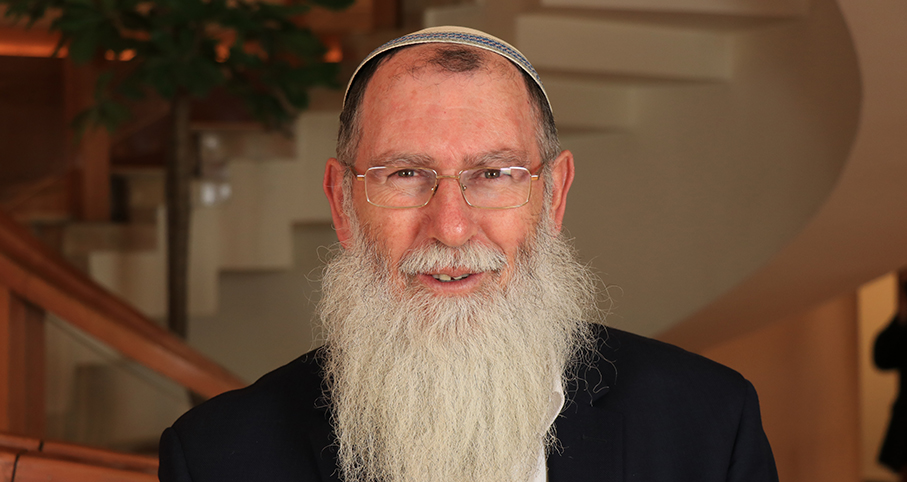Beit Midrash
- Sections
- Chemdat Yamim
- Bemare Habazak - Rabbis Questions
- Family and Society
- The Jewish Household
- Kashrut
Answer: Your question touches on several halachic issues, which we will mention only in passing as necessary background for the answer to your question.
As you know, meat must have its blood removed before it can be eaten. Not everyone is aware that the main halachic problem relates to blood that moved from its initial position (Kritot 21b; Beit Yosef, Yoreh Deah 67). Salting, following the regular process, which includes rinsing the meat, is usually sufficient to remove the blood (YD 69). However, due to the high concentration of blood in liver, salting is insufficient and the more powerful process of broiling is required, after slitting the meat to allow blood to flow out more easily (Shulchan Aruch, YD 73:1). (There are important halachot regarding this process that we assume you know or will learn).
One of the situations that makes it more difficult to remove blood from any meat is if it sat 72 hours in between the shechita and the salting (Shulchan Aruch, YD 69:12). The situation can be remedied only by removing the blood through broiling (ibid.). The classical poskim were unsure to what extent broiling is fully effective in that case. The Shulchan Aruch (ibid.) takes a middle approach. On the one hand, he is concerned that the broiling did not remove all the blood, so that if one cooked (or fried or sautéed) the meat afterward, some blood could come out and render the meat not kosher. Therefore, one should not cook such meat even after broiling. On the other hand, since it is not certain that further blood will be displaced in the process, if he did cook such meat after broiling, it is permissible to eat it.
Decades ago, there was a major halachic dispute regarding the aforementioned 72 hours. Important poskim (including Aruch Hashulchan, YD 69:79, Yabia Omer II, YD 4) reason that if one froze the meat solid (basar kafoo), so that chemical processes are suspended, the "72-hour clock" stops. Others argue that freezing cannot change the halacha. (Nowadays the salting process is almost always done at the slaughtering facility soon after the shechita.) If one takes the lenient approach there, then the liver as well, assuming (on technical grounds, a safe assumption) it was frozen well within 72 hours, the broiling should work as it normally does.

Bemare Habazak - Rabbis Questions (636)
Rabbi Daniel Mann
233 - Al Hamichya on a Fruit
234 - Kashering Frozen Liver
235 - Removing Hair from Eyebrows
Load More
The same approach of relative leniency regarding liver that is to be broiled as compared to meat that is to be salted will help answer your question as well. It is quite a stringency to keep the 72 hour clock ticking when meat is frozen. Therefore, it is certainly halachically safe to use liver freely after broiling after it was frozen for 72 hours (see HaKashrut (Fuchs) 9:(263)). It is also permitted to l’chatchila allow this situation of freezing the liver with this intention, as Rav Ovadia Yosef (Yechaveh Da’at VI:46) explains cogently.
There is a difference of opinion among poskim whether one must wait for the liver to thaw before broiling (so that the beginning of the process not be considered cooking the liver in liquid as it thaws) or whether broiling is effective in any case (see HaKashrut 9:87).

Rabbi Daniel Mann

Yitro Question
5772

Timtum Halev – Part II
Adar I 8 5776

Bikur Cholim by Electronic Means
Shvat 1 5782

Reciting Borei Nefashot on Food When One Will Still Drink
Sivan 3 5780

Ask the Rabbi: Collecting Money for a Specific Medical Cause
Rabbi Daniel Mann | Tevet 5786

Ask the Rabbi: Yissachar and Zevulun for Mitzvot
Rabbi Daniel Mann | Tammuz 5785

Ask the Rabbi: The Power of Rabbis in Berachot
Rabbi Daniel Mann | Shevat 5786





















